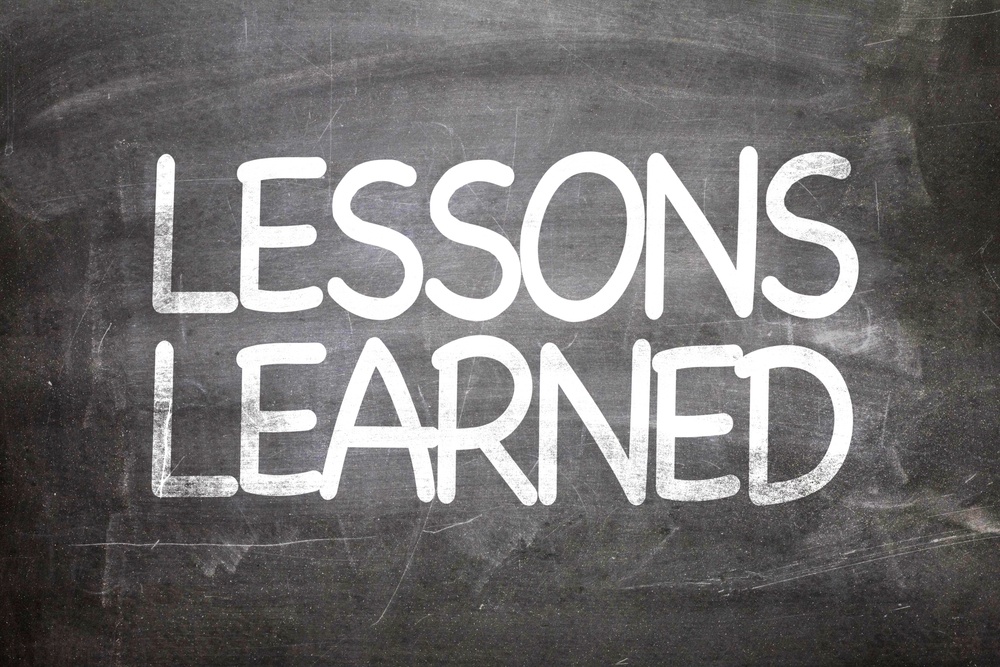I remember when it was first suggested to me that I should video myself teaching. As a young trainee geography teacher in a school in Newton Aycliffe in 2002 I was enthusiastic about this and, as those that follow me on twitter will attest, I’m not shy when it comes to taking selfies. I used a Flip camera, blu-tacked it to a wall at the back of the room and pressed play.
The sound quality was pretty rubbish, and I couldn’t see what the students were working on, however the experience transformed my practice. In particular, how I transitioned from one phase of the lesson to another and how I started and finished lessons. By watching myself on video (an uncomfortable experience at best, but no one was with me to see my embarrassment) I noticed that:
- I gave homework at the end of the lesson and this was rushed.
- My instructions were not particularly clear, with my relatively recent learning around cognitive load theory this meant that the class spent too much cognitive time on working out what I wanted them to do rather than thinking about the learning.
 After talking to my mentor and having a read around, I changed my practice. Since that time:
After talking to my mentor and having a read around, I changed my practice. Since that time:
- I give out homework at the beginning of the lesson, giving time for clarification and building time to ensure that students have written down the homework in diaries.
- I found out about the assertive discipline technique of ‘PRINT’ that ensured that my transitions were clear and instructions precise.
The point here is that video provided me with a powerful opportunity to reflect upon and develop my own practice based upon capturing what actually happened. Having led the adoption of lesson capture software in a number of settings, I know that these platforms are not for anyone to judge lessons. If you don’t believe me, video yourself and share the recording with colleagues. Ask them to make a judgement about your lesson. It’s likely that you will discover what I did: there is a range of judgements and a range of problems. For example, it’s not possible to speak to learners or flick through their books and ask questions.
Not only is judging lessons filled with pitfalls, staff will not adopt any system that adds to accountability. From experience, however, staff will engage with initiatives that are easy to use and improve learning.
My warning to colleagues would be to think carefully about the roll out of video software. Ensure that the recordings are owned by teachers and only shared under their initiative. Emphasise that the purpose of the technology is not the camera or watching the video but improving learning for the young people in front of us. Self and peer-reflection is a powerful technique to improve practice.
Guest blog from David Rogers, a multi-award winning geography teacher and Deputy Headteacher at Focus Learning Trust, Hindhead. Find him at david.rogers.blog and @davidErogers



Leave a comment:
Get blog notifications
Keep up to date with our latest professional learning blogs.